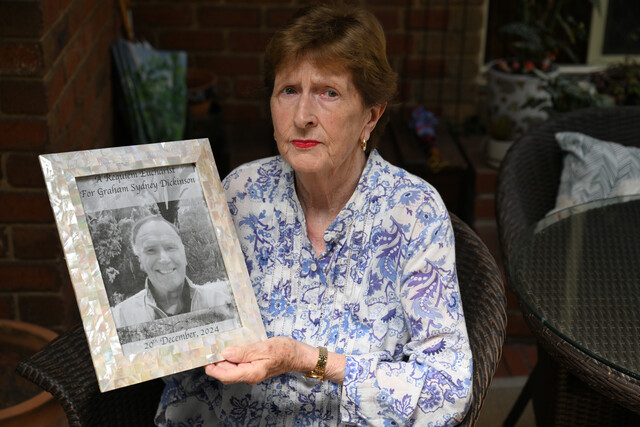Business associations in Sunbury and the Macedon Ranges say the recent changes to COVID-19 isolation rules will have a positive “knock-on” effect.
Announced following a National Cabinet meeting on Wednesday, August 31, the isolation period for the virus will be reduced from seven days down to five for people without symptoms, except for workers in high-risk settings, where isolation rules will stay the same.
“Clearly, if you have symptoms, we want people to stay home, we want people to act responsibly,” Prime Minister Anthony Albanese said on Wednesday afternoon.
The changes will come into effect from Friday September 9, with the Pandemic Leave Disaster Payment eligibility to “reflect the changed isolation periods, effective the same date”.
National Cabinet also announced that mandatory wearing of masks on domestic flights would be removed, beginning September 9.
A National Cabinet statement said it was a “proportionate” response at this point in the pandemic.
Sunbury Business Association president Michael Osborne was pleased with the announcement.
“I think from a Business Association point of view and as a business owner, I welcome the changes, we’re transitioning into a position where we are using common sense like we used to do,” Mr Osborne said.
“Small business owners are not going to make irrational decisions that are going to impact the long term health of their business and employees.
Similarly, Romsey Region Business and Tourism Association president Jenny Stillman said changing isolation would make staffing easier, especially while it had been so difficult to find people to work.
“The knock-on effect from a reduced isolation period is that employees and more of them will be in a position to return to work more quickly,” Ms Stillman said.
“That will for many businesses reduce the burden of illness related employee deficit.”
Australian Medical Association (AMA) president Professor Steve Robson has called for the release of health advice which underpinned the National Cabinet Decision.
“As many as 30 per cent of people are likely to still be infectious on days six and seven – even longer,” he said.
“When isolation rules change we need clear plans for protecting the vulnerable and careful monitoring, and if case numbers climb then the isolation rules should be re-evaluated.”

















